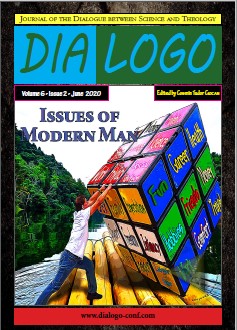From Religious Belief to Identity Games in Ted Hughes’s Early Poetry
From Religious Belief to Identity Games in Ted Hughes’s Early Poetry
Author(s): Florin AndreiSubject(s): Comparative Study of Literature, Theory of Literature, British Literature
Published by: EDIS- Publishing Institution of the University of Zilina
Keywords: language games; identity games; pathos; anti-pathos; myth;
Summary/Abstract: For many years, Ted Hughes had challenged the beliefs of his ancestors, engaging in identity games that revived pre-Christian mythologies, which he recycled in novel ways. Identity games refer, much in the fashion of Wittgenstein’s language games, to dynamic sets of contrasts and the games they involve in the construction of poetic identity not as a stable entity, but as a living and developing configuration, involving both continuity and change, sameness and difference. Such a view is particularly useful when dealing with poets like Ted Hughes, whose literary careers span several decades, in which significant developments do not support the claim that identity mainly involves stability. What follows will content itself to the examination of some significant identity games being performed in a few poems from Ted Hughes’s The Hawk in the Rain and Lupercal.
Journal: Dialogo
- Issue Year: 6/2020
- Issue No: 2
- Page Range: 224-232
- Page Count: 9
- Language: English

